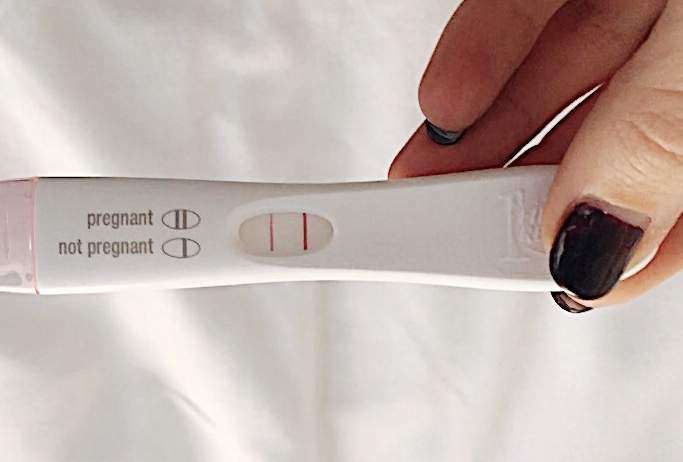A blighted ovum is an egg that is fertilized, it implants itself in the uterus but does not become an embryo. So, the placenta and embryonic sac form though they remain empty. Therefore, the baby does not grow. The condition is also called embryonic gestation or pregnancy.
Although the embryo does not grow, the placenta still produces human chorionic gonadotropin (hCG), a hormone responsible for supporting pregnancy. However, when testing for pregnancy, the test turns positive. This is because blood and urine pregnancy tests detect HCG. Also, the symptoms related to pregnancy may be experienced. In addition, this type of pregnancy eventually leads to miscarriage because it is not viable.
Signs and symptoms

When having a blighted ovum, you experience similar symptoms as those of a viable pregnancy. Also, you may experience the below;
- Spotting in the vagina or bleeding
- Cramping in the abdomen.
Causes of a blighted ovum
An embryonic gestation is mostly caused by chromosome or genetic issues when cell division is taking place. During the process of conception, the egg starts to divide shortly after it is fertilized. After a few days, for instance, ten days, the cells form an embryo. However, with an embryonic gestation ovum, the embryo does not form. So, it stops growing after it is formed. Again, if you are related to your partner genetically, it may also be a possible cause.
An embryonic gestation happens during the earliest stages of pregnancy. Therefore, a miscarriage may happen without noticing or even noticing when almost over. People who undergo embryonic gestation also get healthy pregnancies at some point. So, it does not mean the occurrence is the end for them.
Diagnosis of a blighted ovum
This condition is mostly noted during the first ultrasound of your prenatal appointments. That is when the placenta and the empty embryonic sac are seen. Mostly, it happens between the 8th and 13th week of your pregnancy
Prevention
Unfortunately, embryonic gestation cannot be prevented. So, if it occurs to you, you may seek genetic testing if several early pregnancy loss occurs. In most cases, it is a one-time occurrence.
- Harrison Ford, Age, Wife, Movies, Net Worth
- Who is Nas bio-age, relationship, career, and net worth?
- Josh Moser Bio-Age, Children, Wife, Net Worth, and Career
- Kelly O’Grady Bio-Age, Edu, Height, Husband, Children.
- Tina Turner age, family, husband, children, career, death.
- Cody Matz wiki, age, children, wife, net worth, WAGA-TV.
- Tasmin Mahfuz Bio, Wiki, DC News Now, Age, Education, Family, Children, Husband, Net Worth, and Career
Treatment
Medical personnel will help you with the options to take when you visit them. You may also choose to let a natural miscarriage happen. When it begins, it may take days or weeks before the bleeding clears. Therefore, it is advisable to be in touch with the doctor if the bleeding gets heavier or when pain is experienced. It can also be terminated by taking medicines or going through a surgery called D and C.
- Kenya Institute of special education, courses.
- What is the history of Kenyatta University?
- Best Public High Schools in Kiambu County.
- How is The Lenana Boy school and location?
- Kenya Medical Training College, courses, requirements.
- Egerton university, fees, location, courses.
- A list of special secondary schools, and contacts.